Developing Life Skills in Early Recovery
While 11% of Americans need addiction treatment, not everyone receives it. Many people who receive addiction treatment struggle to maintain their sobriety afterward. Developing a tool kit of life skills can help you learn to deal with the challenges that you face in your daily life without falling back on old, destructive behaviors.
These life skills for recovering addicts can help you navigate your daily life. You can learn how to maintain your sobriety without faltering.
Self-Care
Poor self-care could lead to a relapse. As you begin developing these life skills for recovering addicts, take time to determine your needs. What does self-care look like?
Try to focus on:
- Using coping methods to manage your stress, anxiety, and depression
- Navigating negative emotions and thoughts
- Getting enough sleep
- Eating nutritious meals
Learning how to stay sober through self-care will take practice. Learn how to identify your triggers. Then, develop a strategy for navigating those situations.
Establishing Personal Goals
About 20 million Americans never receive the addiction treatment they need. One of the best ways to manage your sobriety is to establish goals.
Set a long-term goal, like maintaining your sobriety for a year. Then, break it into benchmarks. Gather the tools you need to accomplish your goal.
If you need additional help, consider a professional treatment program.
Making Healthy Meals
As part of your building life skill plans, it’s important to focus on your health. You’ll need to learn how to:
- Create a meal plan
- Shop for groceries
- Prepare meals
If you’re not a talented chef, that’s okay! Learn from friends and family members. Leaning on your support system can help you build life skills.
Cooking with others is also a positive distraction. You can learn how to make a nutritious meal and distract yourself from drug cravings.
There are even foods that can help you heal after rehab.
Nutrients play a role in brain chemistry, which can impact your mood. Foods that lack vitamins and minerals can have a negative impact on your health. Instead, choose nutritious foods like:
- Poultry and fish, which contain tyrosine (an amino acid that produces dopamine and norepinephrine)
- Tofu, which can help repair liver damage
- Bananas, which contain tryptophan (an amino acid that promotes serotonin)
- Yogurt, which is full of probiotics
- Blueberries, which are full of antioxidants (which boost your immune system and fight free radicals)
- Vegetables, which are rich in vitamins and minerals
- Whole grain pasta, which can benefit your digestive system
Neurotransmitters like dopamine and norepinephrine promote a sense of well-being. Serotonin, on the other hand, can help you sleep.
Choosing foods with the vitamins and minerals you need will help your body heal. When you’re healthier, you’re happier. You can then focus on developing these important life skills instead of your addiction.
Managing Finances
Addicts often focus all their time and money on their substance of choice. One of the most important life skills for recovering addicts is money management. Otherwise, financial issues can cause unnecessary stress.
Stress could lead you to old habits and coping mechanisms, like using.
You don’t have to learn financial planning and management alone. Work with an experienced financial coach. With their help, you can learn how to budget, save, and plan for expenses.
You’ll need to:
- Maintain a job
- Learn to save for emergencies
- Purchase your own personal products, food, and rent
By becoming financially stable, you can avoid unnecessary stress. You’ll have the finances you need to start building your new life.
Building a Support System
Did you damage your relationships as a result of your addiction? Learning how to build a support system can help you maintain your sobriety. Your support team can help you when you’re struggling.
In order to build a support system, you need to mend your relationships.
Remember, your friends and family members are likely adjusting to the change in you. Remain patient with them.
Important life skills for addicts regarding relationships include:
- Active listening
- Learning to express emotions in a healthy way
- Communicating clearly
- Identifying and coping with social situation triggers
Avoid any negative influences in your life. Let the people who care about you know you’re dedicated to staying sober. They can help you through this Building Life Skill guide.
Otherwise, the negative influences in your life could pull you back to your addiction.
Maintaining a Clean Environment
A messy, dirty living space could cause unnecessary stress. In fact, clutter can make us feel overwhelmed, guilty, or frustrated. It can inhibit creativity and productivity, too.
Learning how to maintain a clean space will help you remain disciplined. If you’re living with others, it can help you remain responsible, too. You’ll need to respect others, as well as their wants and needs.
Make sure to:
- Clear clutter
- Buy groceries
- Do laundry
- Sweep, dust, and mop
- Take out trash
- Do the dishes
Set a schedule for cleaning regularly. Keep your space clean and your mind clutter-free.
Stress Management
Stress could trigger a relapse. Learning how to manage your stress and emotions is crucial. Find healthy ways to cope, including:
- Exercising or going for a walk
- Taking a nap
- Calling a friend
- Listening to music
- Journaling
- Meditating
- Taking slow, long breaths
Lean on your support system when your stress feels overbearing.
Time Management
Remember, addicts, dedicate most of their time to obtaining drugs or alcohol. One of the most important life skills you’ll need is time management. It can help to fill your time with productive, healthy activities.
Otherwise, boredom could lead you to start using.
Establish a schedule for yourself and stick to it.
Communicating
In order to mend your relationships, you’ll need to learn how to communicate. Communication skills can benefit your career, too.
Learn how to express your feelings. Remain open to someone else’s perspective. Then, you can have deep, meaningful conversations with others.
Maintaining a Job
Did you lose your job as a result of your addiction? Developing a career can make your life more meaningful.
Consider vocational training or volunteering. You can develop new life skills and set yourself up for success.
Building The Skills You Need as a Recovering Addict
These building life skill tips are just the start! These life skills for recovering addicts can help you develop a meaningful, healthy life. You can improve your relationships, build your career, and feel better than ever.
Need help on your road to recovery? That’s what we’re here for!
Contact us today to get started.



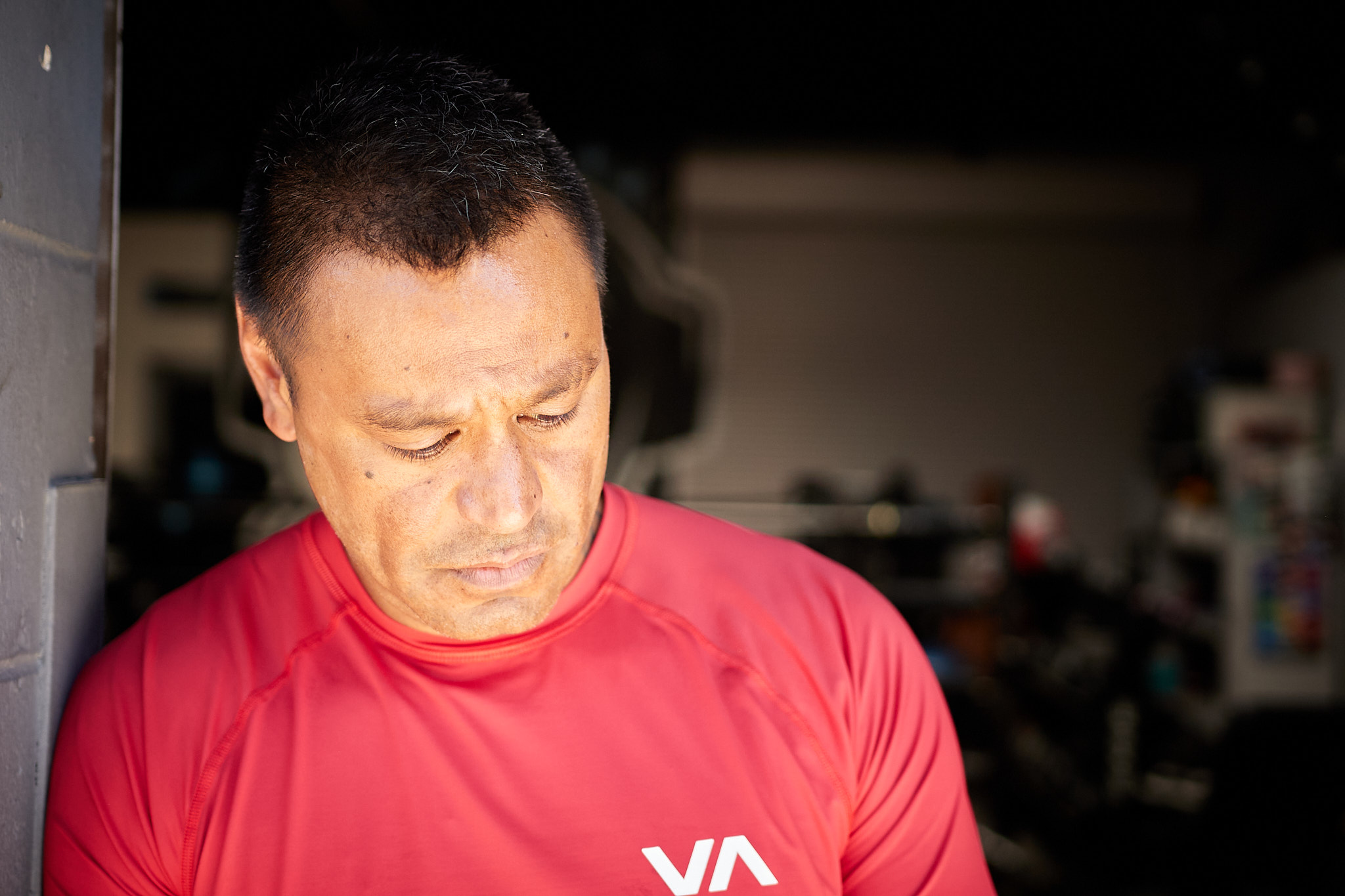
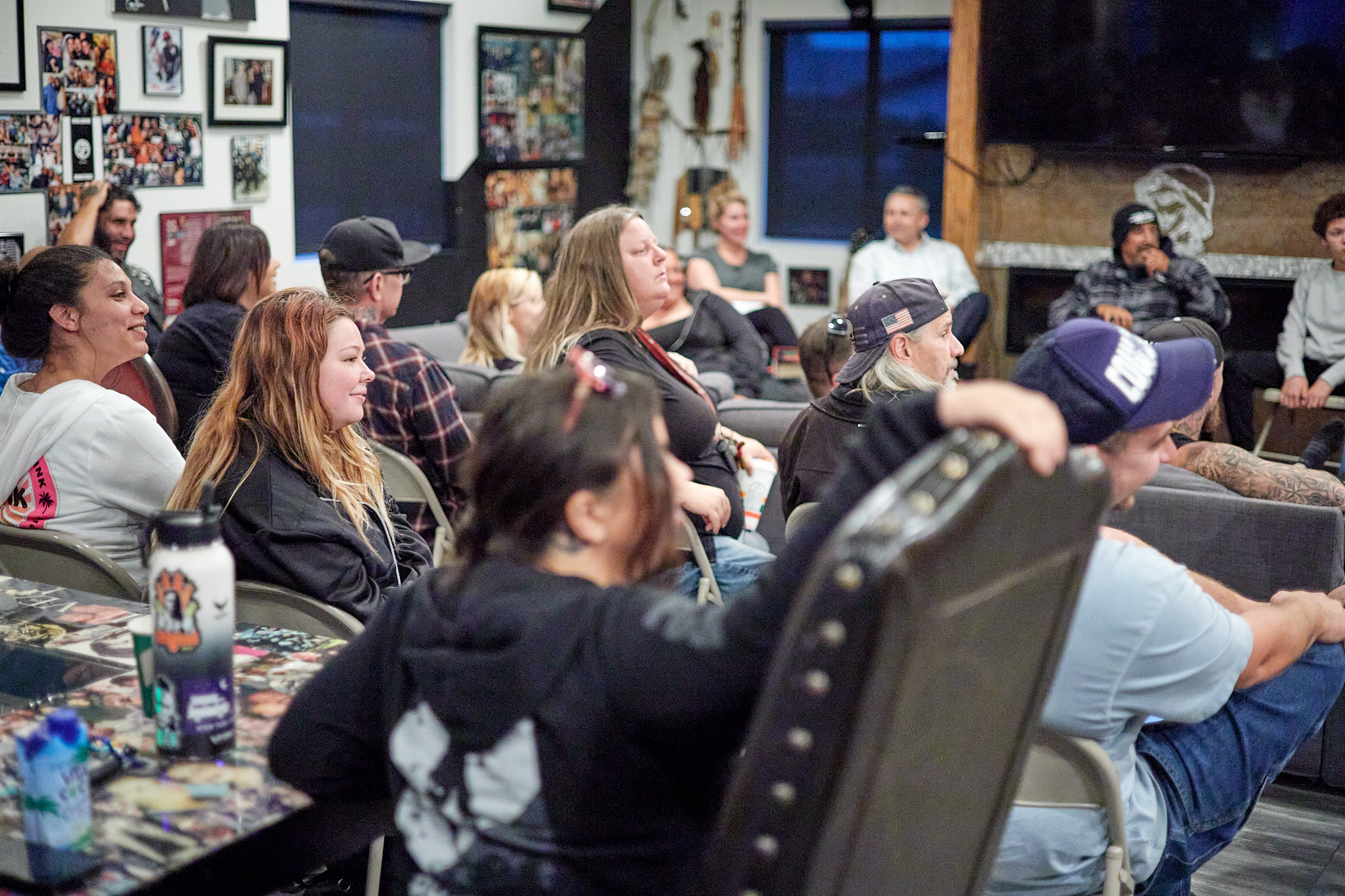
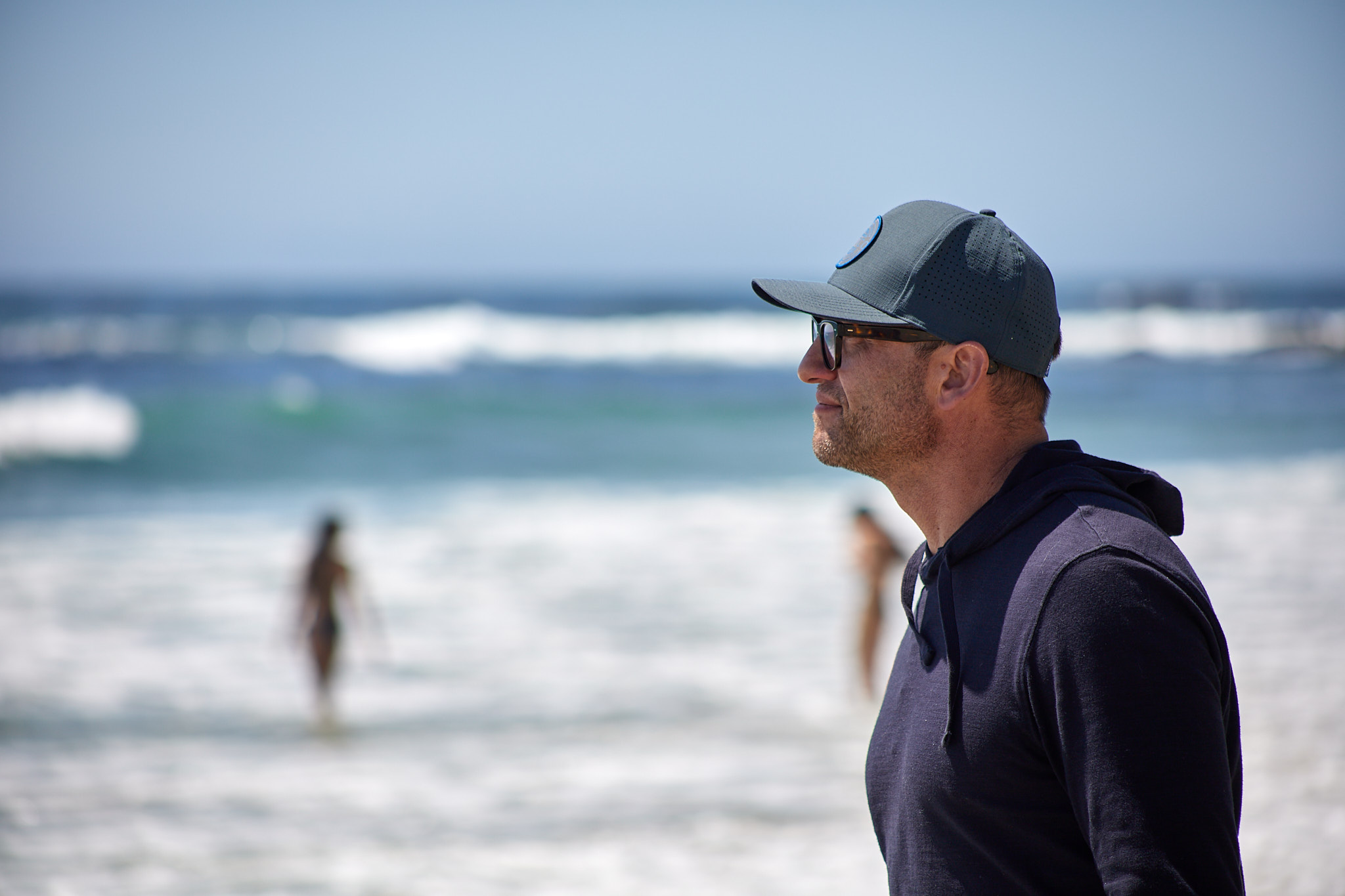
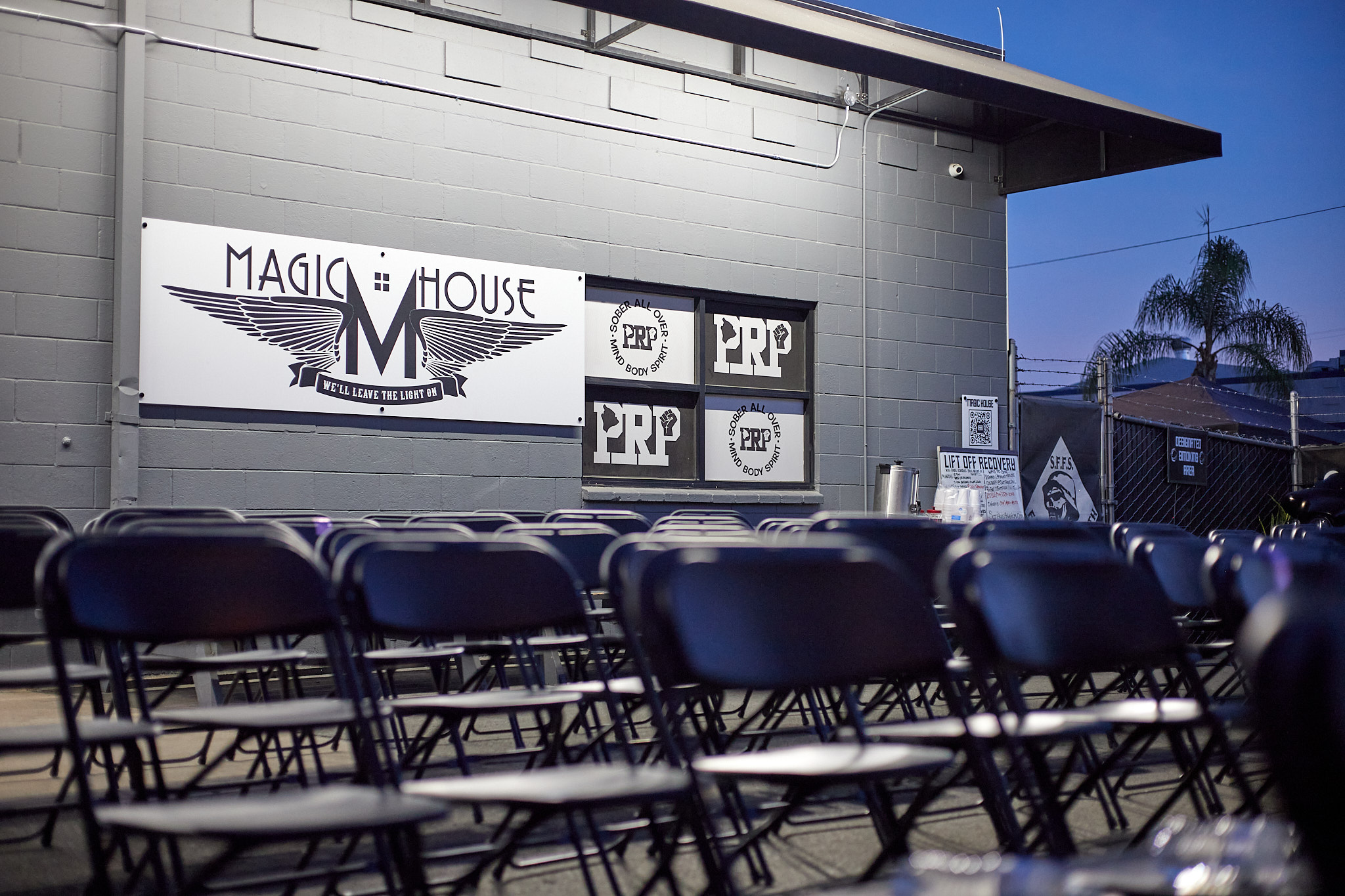
.jpg)
.jpg)
.jpg)

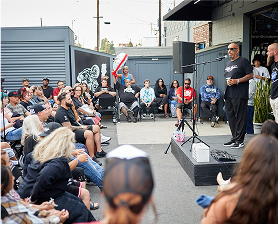
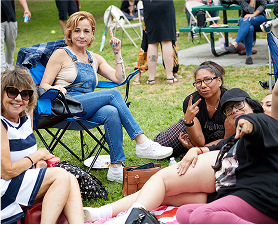

.png)


%20(1).avif)
%20(1).avif)
.avif)
.png)


.png)
.png)
.png)
.png)
.png)
.png)
.png)
.png)
.png)
.png)
.png)
.png)
.png)
.png)
.png)
.png)



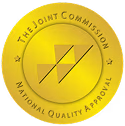
.png)
